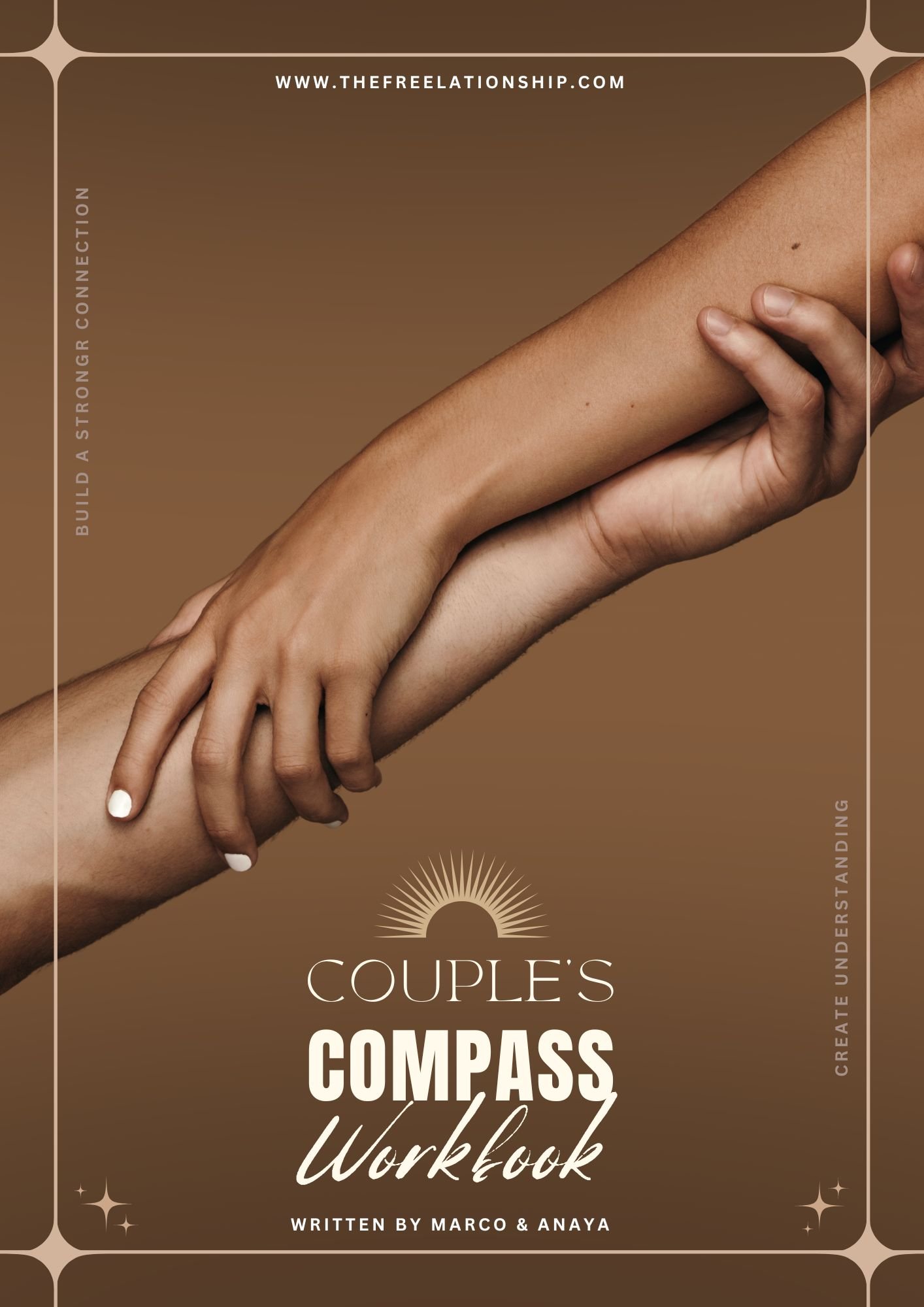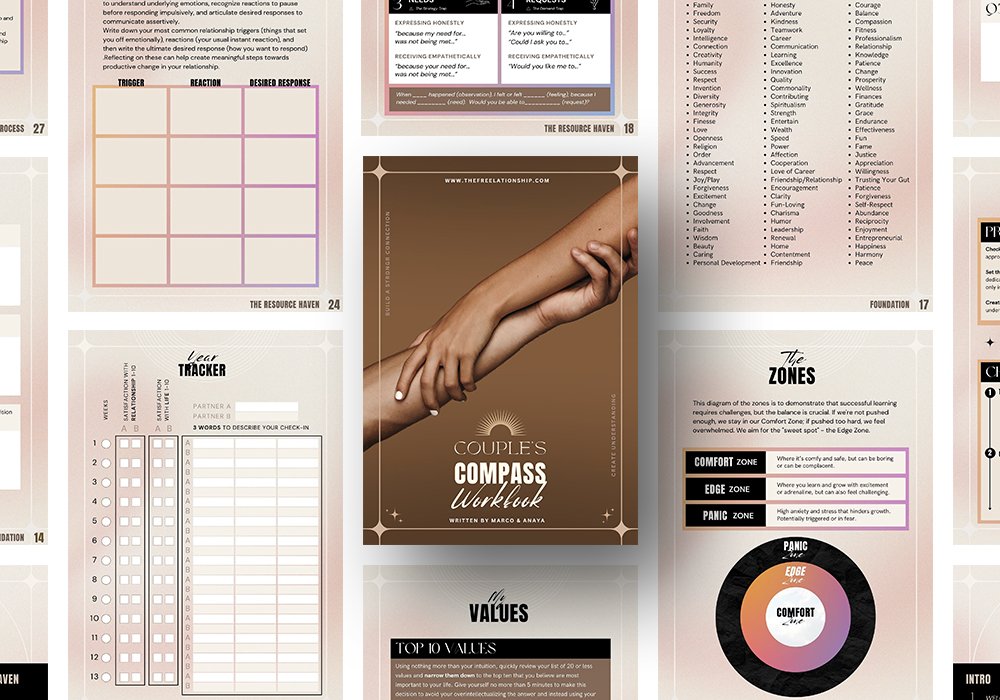Couples biggest problems are usually around communication or lack of alignment. What they don’t know about each others desires, intentions and feelings is usually the silent killer of relationships. And the fear that is created around having “hard conversations” can cause the silence to be so deafening that real issues only come up in explosive contexts where there is no actual solutions being created.
Regular check-ins serve to create a habit of open communication, that is constantly an honest revealing and realignment to make sure that you are on the “same page” with where the relationship is. The Check-in’s also serve as a connective time, to celebrate, to connect more deeply, to have fun, all things that strengthen the relationship. Additionally as an anchored point to remind each other of why they are in the relationship, what they care about and to re-ground in the mindset and realization that they are indeed a team. Having potentially challenging conversations more often will make them easier to deal with. Additionally celebrating each other more, and making sure there is space set aside for play, acknowledgement and reflection creates more opportunity for connectivity and reminding people that not everything is BAD in the relationship.
Couples biggest problems are usually around communication or lack of alignment. What they don’t know about each others desires, intentions and feelings is usually the silent killer of relationships. And the fear that is created around having “hard conversations” can cause the silence to be so deafening that real issues only come up in explosive contexts where there is no actual solutions being created.
Regular check-ins serve to create a habit of open communication, that is constantly an honest revealing and realignment to make sure that you are on the “same page” with where the relationship is. The Check-in’s also serve as a connective time, to celebrate, to connect more deeply, to have fun, all things that strengthen the relationship. Additionally as an anchored point to remind each other of why they are in the relationship, what they care about and to re-ground in the mindset and realization that they are indeed a team. Having potentially challenging conversations more often will make them easier to deal with. Additionally celebrating each other more, and making sure there is space set aside for play, acknowledgement and reflection creates more opportunity for connectivity and reminding people that not everything is BAD in the relationship.





